The rules for holidaymakers in Saudi Arabia
Strict laws on hotel bookings for unmarried foreign couples are being dropped as part of bid to boost tourism
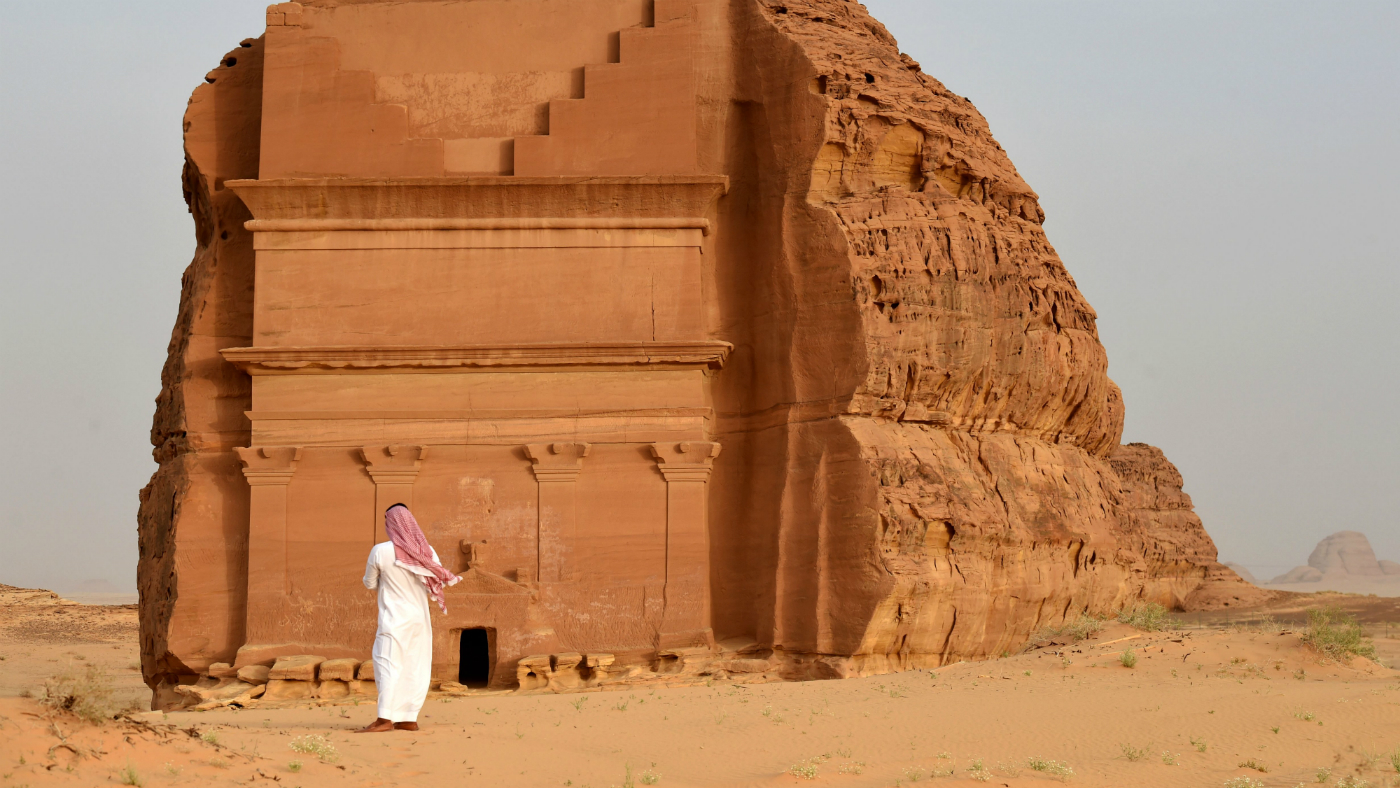
A free daily email with the biggest news stories of the day – and the best features from TheWeek.com
You are now subscribed
Your newsletter sign-up was successful
The government of Saudi Arabia has announced that unmarried foreign visitors to the country will now be able to sleep in the same hotel room, as part of an ongoing drive to attract more tourists.
As the BBC notes, the ultra-conservative kingdom previously required men and women seeking to share a room to provide documents proving they were married. Tourists also had to abide by a number of other rules while in Saudi Arabia, including a strict dress code.
But the Saudi Commission for Tourism and National Heritage said on Sunday that a number of these restrictions would no longer apply to foreigners.
The Week
Escape your echo chamber. Get the facts behind the news, plus analysis from multiple perspectives.

Sign up for The Week's Free Newsletters
From our morning news briefing to a weekly Good News Newsletter, get the best of The Week delivered directly to your inbox.
From our morning news briefing to a weekly Good News Newsletter, get the best of The Week delivered directly to your inbox.
The easing of stringent regulations governing social interactions comes shortly after Riyadh launched its first tourist visa scheme as part of efforts to open up the country to foreign visitors and diversify its oil-reliant economy.
The Independent’s Simon Calder told the BBC: “Vastly simplifying the bureaucracy of obtaining a visa should lead to an immediate surge in visitor numbers - initially, I imagine, from those with an interest in the Arab world and its heritage.”
So what rules are still in place for foreigners?
Dress code
A free daily email with the biggest news stories of the day – and the best features from TheWeek.com
For years, Saudi Arabia has upheld a strict dress code for foreign women, who were required to wear an abaya - described by Bloomberg News as a “flowing cloak” that covers almost the entire body.
This rule was dropped by the kingdom last month, although the authorities say that women must still wear “modest clothing”.
Couples sharing bedrooms
Until this week, all couples were required to present proof of marriage before checking into a hotel together - a rule that has now been dropped entirely for foreigners, who will only need a photo ID in order to check in.
The rule change will not apply to Saudi nationals, however, who will still be required to show proof of marriage if staying with a partner.
Women in hotels
The newly announced reforms also included the lifting of a rule that required women to have a male guardian present in order to rent a hotel room, Deutsche Welle reports.
All women, including Saudis, can now book and stay in hotels alone, after providing ID on check-in.
Visas
Last month, Saudi officials announced a new visa programme solely for tourism. Access to the country was previously “largely restricted to resident workers and their dependents, business travellers, and Muslim pilgrims who are given special visas to visit Mecca and Medina”, according to Al Jazeera.
Although Mecca and Medina will still be off-limits for outsiders, the country’s new one-year, multiple-entry visa scheme permits stays of up to 90 days at a time. Citizens of 49 eligible countries can apply online or on arrival, while those from other countries will have to apply at their nearest Saudi embassy or consulate, The Guardian reports. There are no restrictions for unaccompanied women.
Despite the relaxation of certain rules, other draconian laws remain in place for both Saudi citizens and foreign visitors.
The UK Foreign and Commonwealth Office (FCO) reports that displays of homosexuality “are illegal and can be subject to severe penalties”. LGBT people travelling to Saudi Arabia are “likely to face significant difficulties and risks”, the government department adds.
It is also illegal to be transgender under Saudi law.
Alcohol and drugs
Alcohol is forbidden under Saudi Arabia’s strict interpretation of Islamic law and is almost impossible to get hold of within the kingdom. Foreigners discovered flouting these rules face harsh penalities including possible prison time.
Drugs - also illegal in Islam - are subject to even stricter regulations. The punishment for smuggling drugs includes the death penalty.
Dual citizenship
One of Saudi Arabia’s more unusual laws relates to dual nationality, which the kingdom does not recognise.
The FCO warns that holding two passports in Saudi Arabia is illegal, and that second passports “will be confiscated by the immigration authorities if they’re discovered”.
-
 Nuuk becomes ground zero for Greenland’s diplomatic straits
Nuuk becomes ground zero for Greenland’s diplomatic straitsIN THE SPOTLIGHT A flurry of new consular activity in the remote Danish protectorate shows how important Greenland has become to Europeans’ anxiety about American imperialism
-
 ‘This is something that happens all too often’
‘This is something that happens all too often’Instant Opinion Opinion, comment and editorials of the day
-
 House votes to end Trump’s Canada tariffs
House votes to end Trump’s Canada tariffsSpeed Read Six Republicans joined with Democrats to repeal the president’s tariffs
-
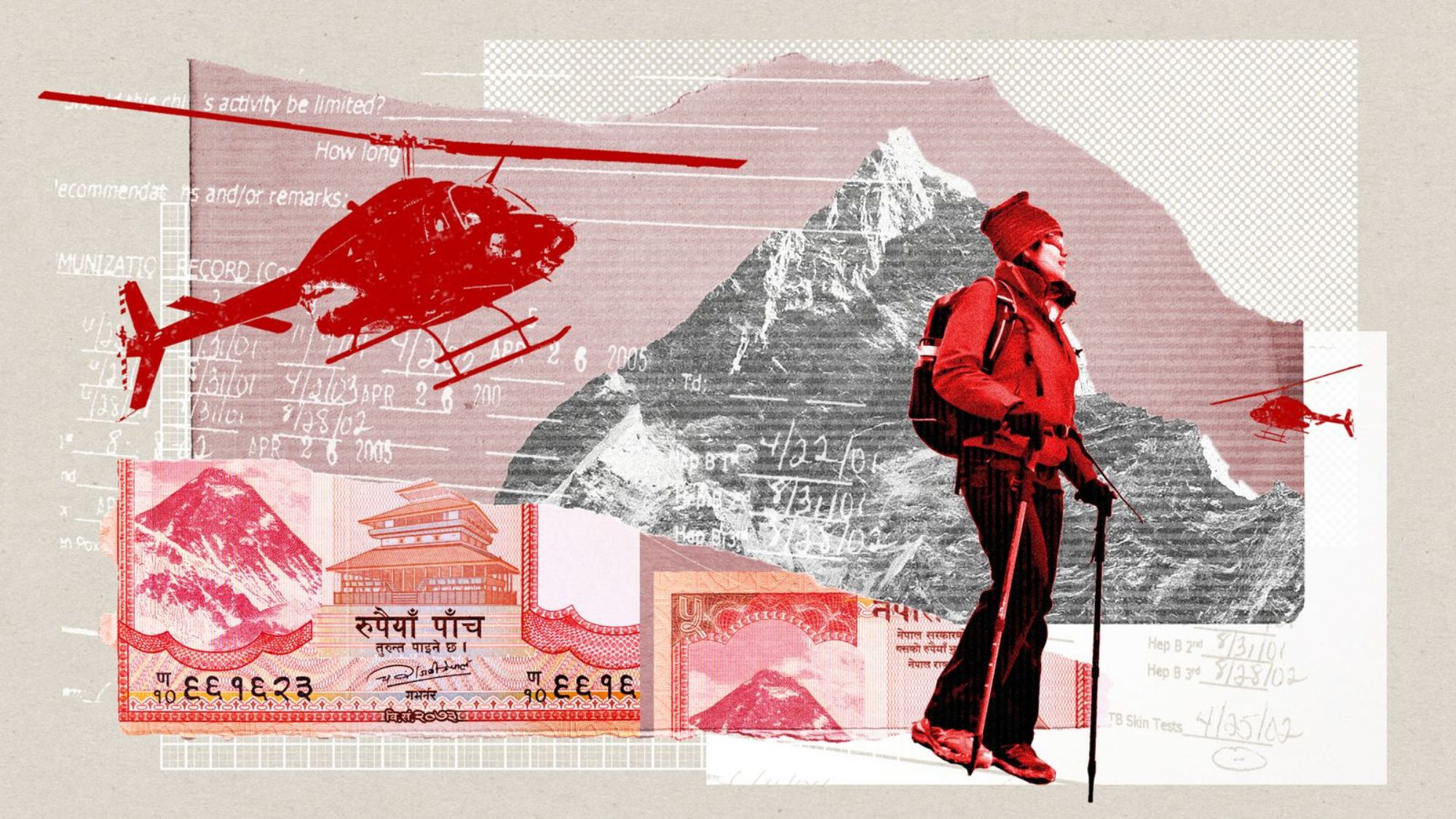 Nepal’s fake mountain rescue fraud
Nepal’s fake mountain rescue fraudUnder The Radar Arrests made in alleged $20 million insurance racket
-
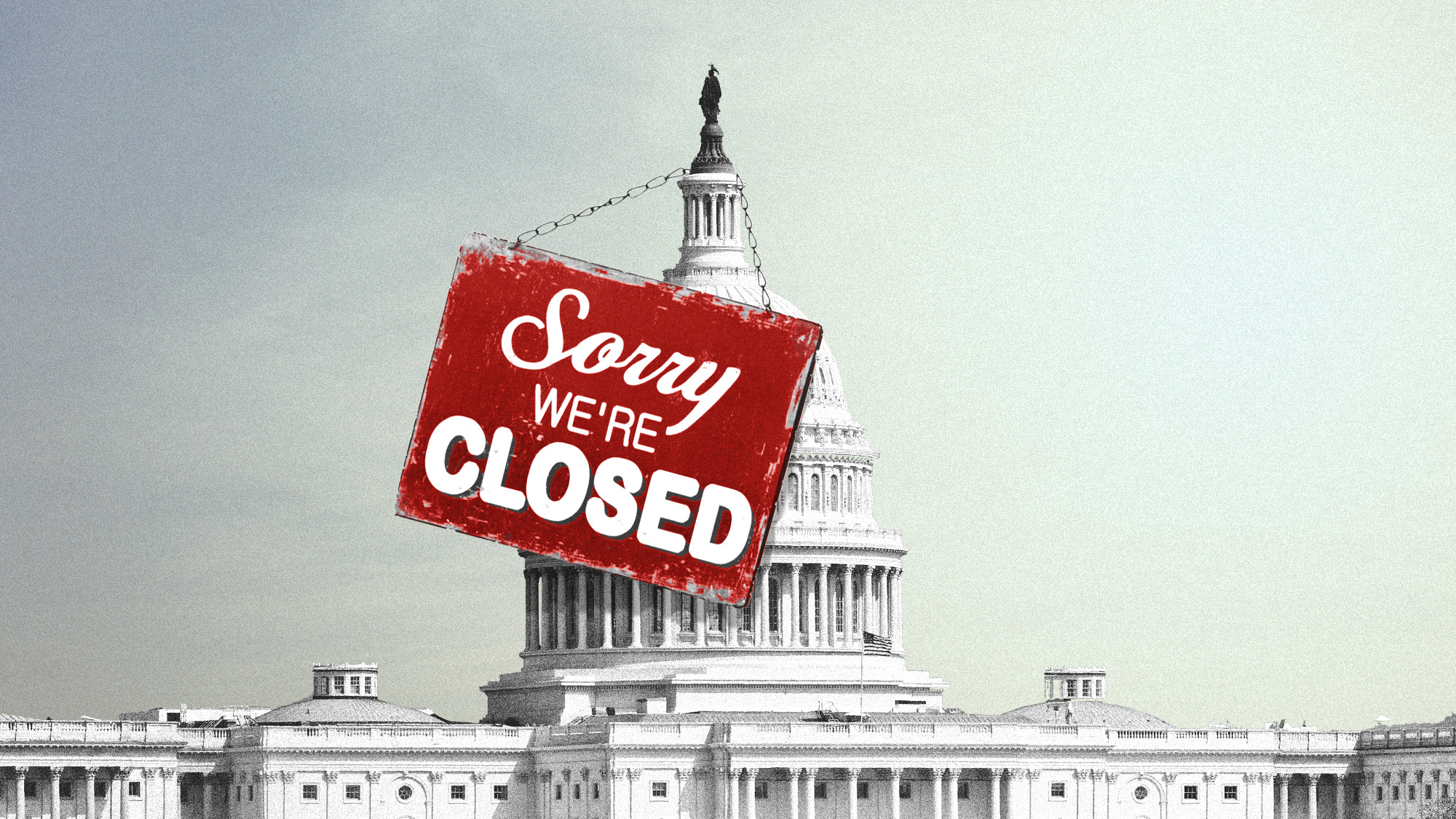 DC tourism has taken a hit
DC tourism has taken a hitUnder the Radar The government shutdown has reduced tourist attractions
-
 Saudi comedy fest exposes free speech schism in stand-up
Saudi comedy fest exposes free speech schism in stand-upIN THE SPOTLIGHT The decision by some of stand-up’s biggest names to attend a festival in a nation infamous for its censorship has the comedy world picking sides and settling old scores
-
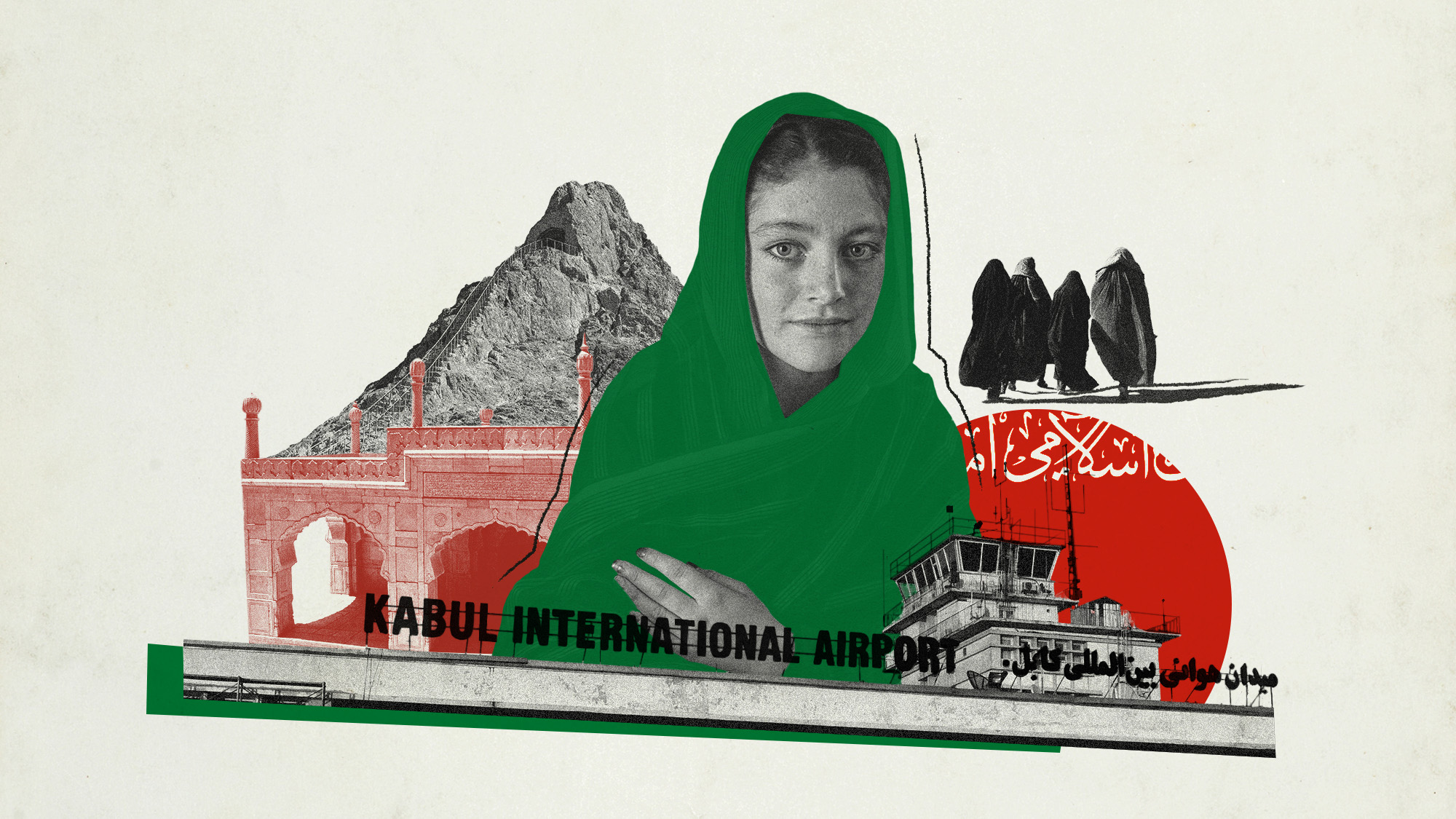 The female-led all-women tours in Afghanistan
The female-led all-women tours in AfghanistanUnder The Radar Women are 'swapping cocktails in Ibiza' for visiting a 'terror hotspot'
-
 The tourist flood in the Mediterranean: can it be stemmed?
The tourist flood in the Mediterranean: can it be stemmed?Talking Point Finger-pointing at Airbnb or hotel owners obscures the root cause of overtourism in holiday hotspots: unmanageable demand
-
 6 stellar noctourism adventures
6 stellar noctourism adventuresThe Week Recommends After the sun sets, the fun begins
-
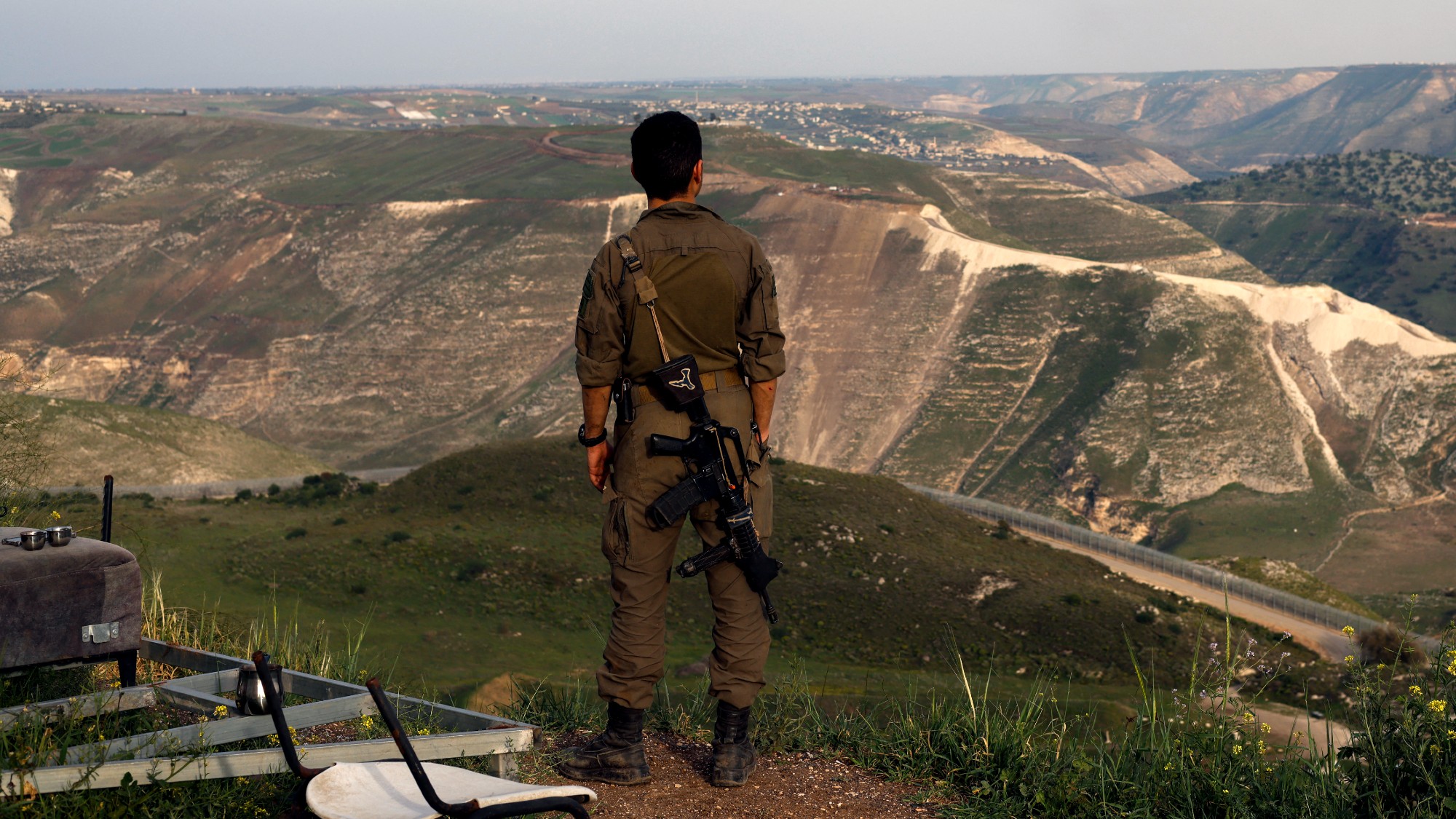 The Israeli army's 'tourist hikes' in occupied Golan Heights
The Israeli army's 'tourist hikes' in occupied Golan HeightsUnder The Radar 'Provocative' twice-daily tours into territory seized from Syria have quickly sold out
-
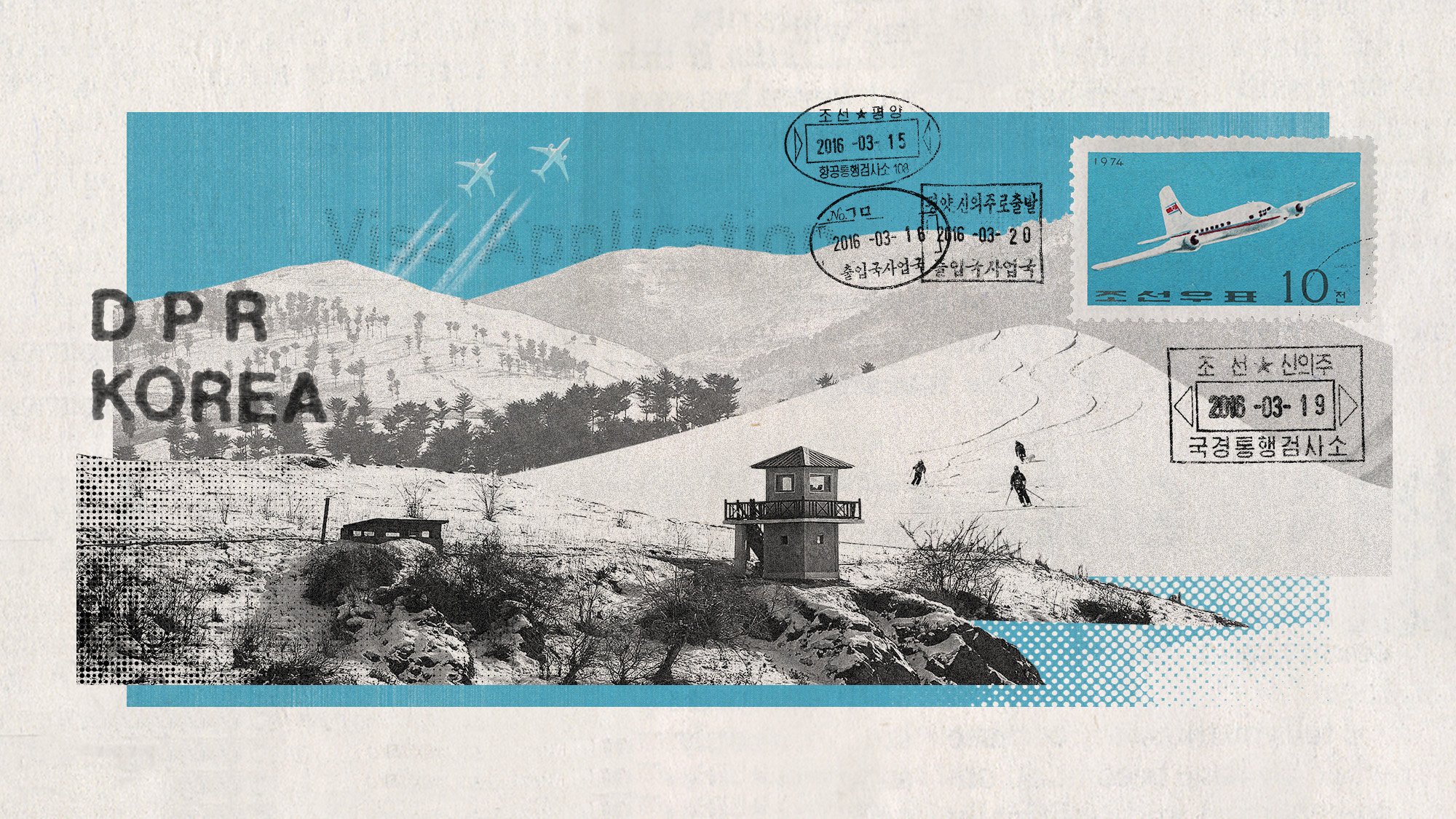 North Korea (sort of) welcomes tourists again
North Korea (sort of) welcomes tourists againUnder the Radar 'Hermit kingdom' allows foreign visitors for the first time since 2020 – but only in limited areas